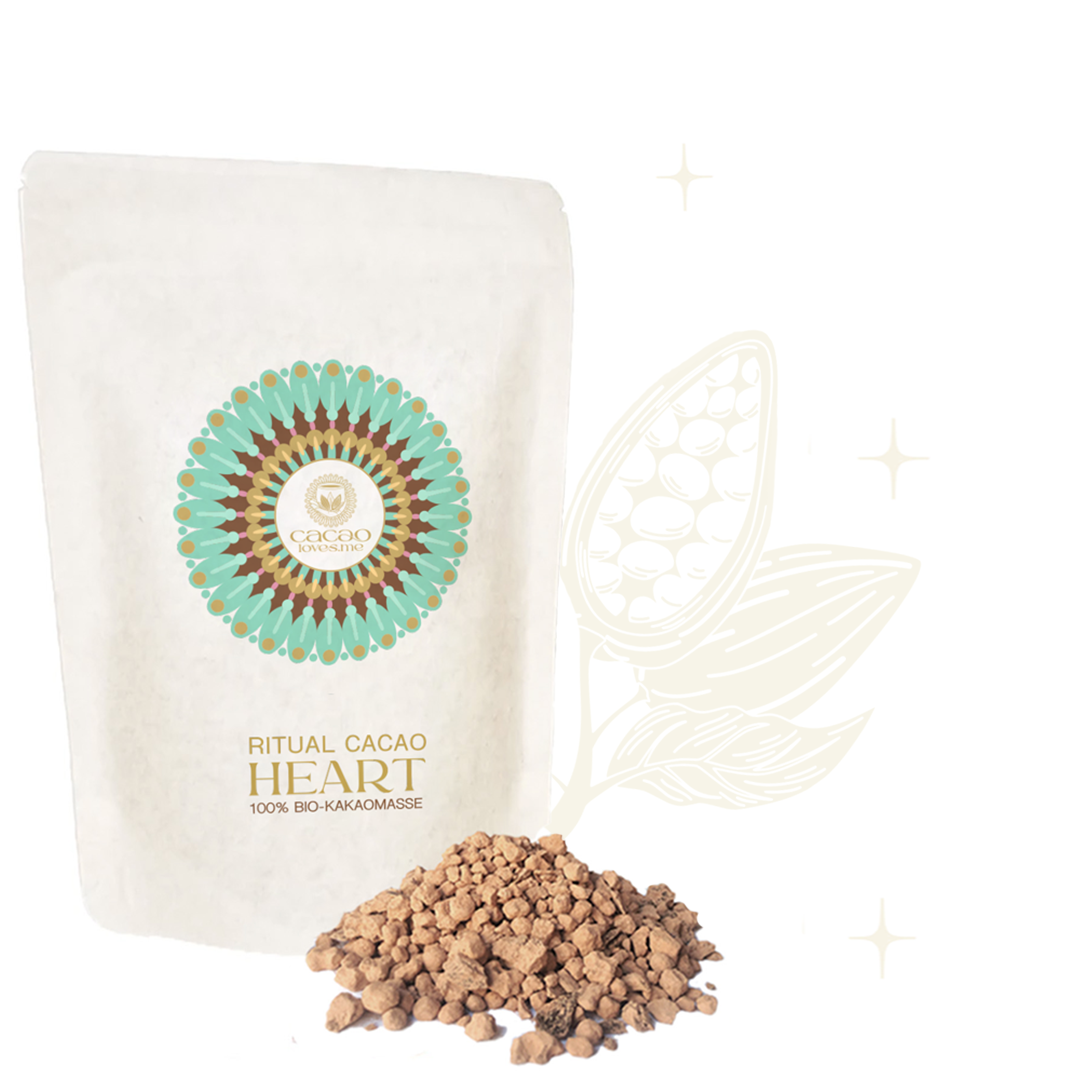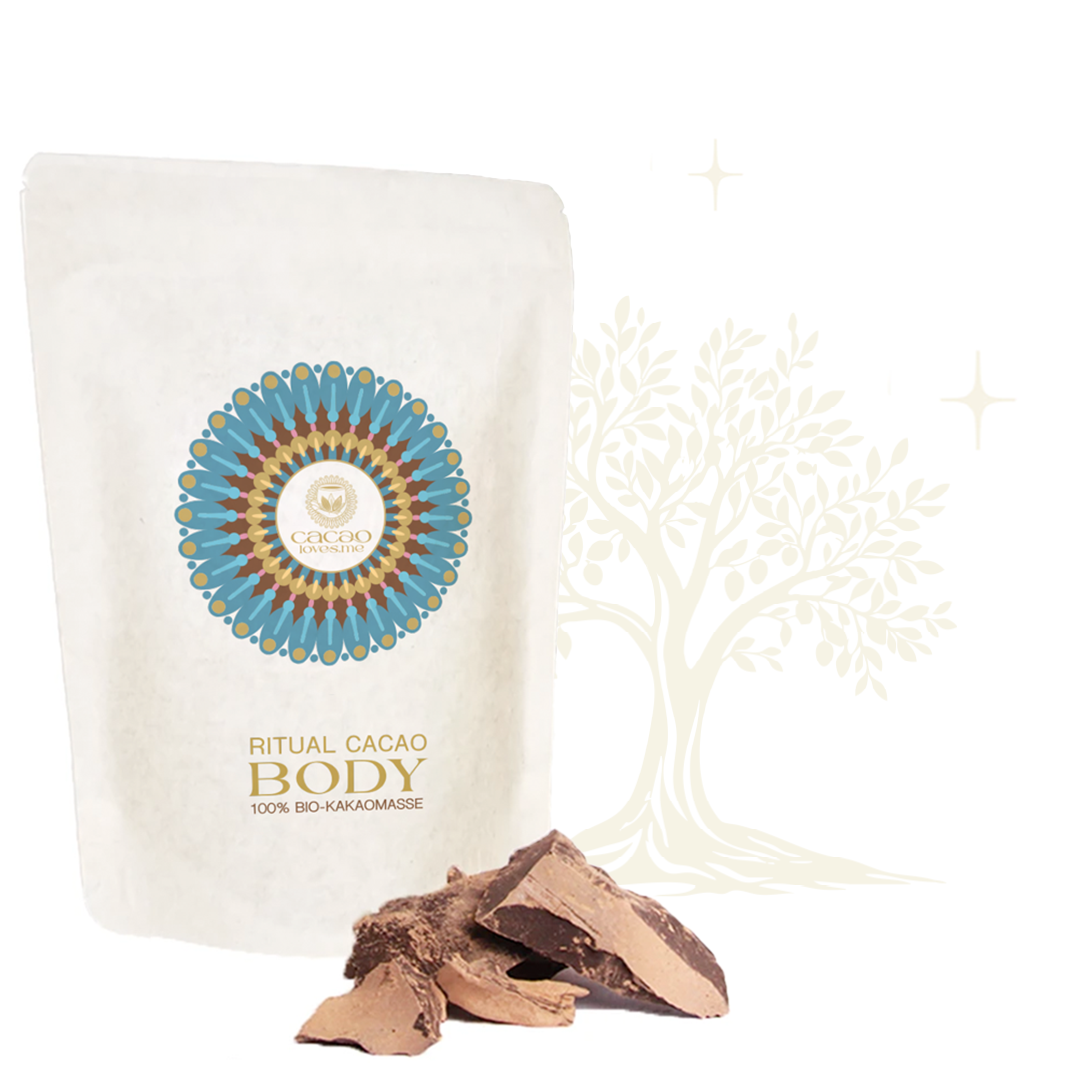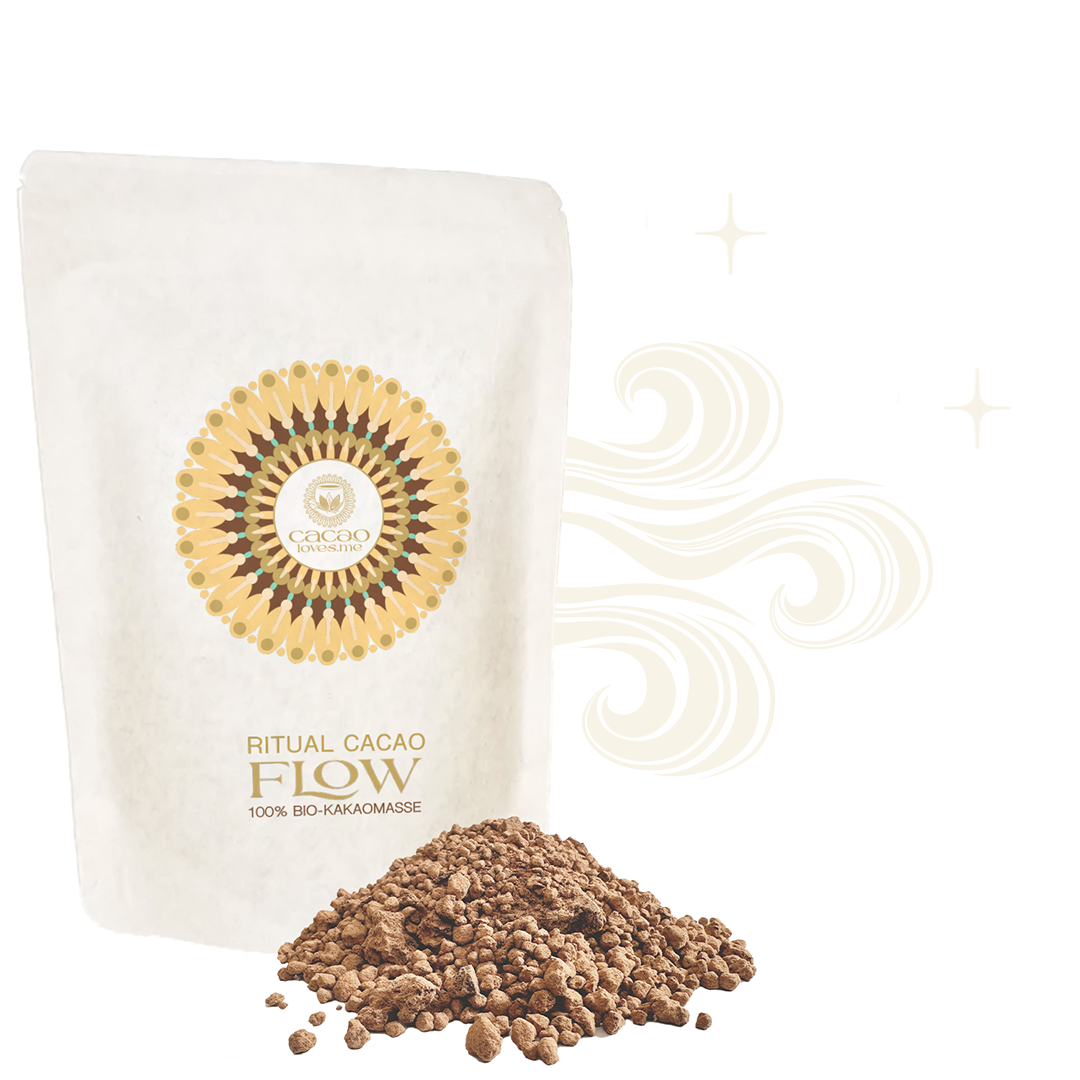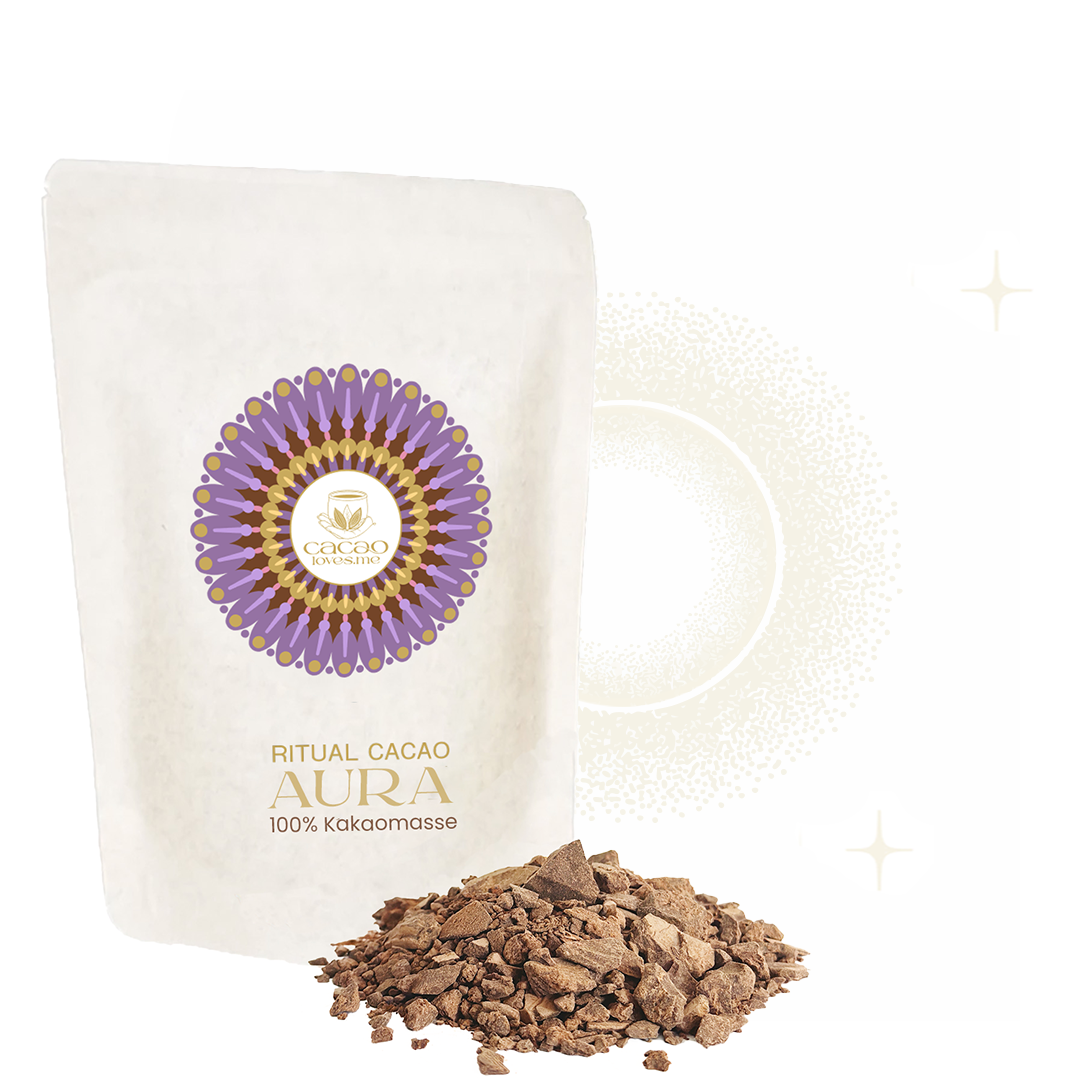Effect of flavonoids in cacao on cognitive performance
Did you know that the flavonoids contained in cacao can have many positive effects on the brain? It has been known for centuries that the theobromine in cacao has a heart-opening effect and that cacao stimulates the libido and can have an aphrodisiac effect. But the superfood cacao can do even more, because the flavonoids it contains can promote health and brain activity.
Astrid Nehlig from INSERM, Faculty of Medicine in Strasbourg, has devoted herself to exactly this topic. She examined a variety of studies and research into the effects of cacao on brain health and cognitive abilities and came to many exciting conclusions:
Epicatechin, the main flavonoid in cacao, improves various aspects of cognition. The studies examined show that epicatechin can sharpen perception and increase concentration, attention and motivation. At the same time, it preserves cognitive abilities.
It is also exciting that flavonoids have a positive effect and can promote cognitive functions, especially in the brain regions involved in learning and memory. It is believed that they can increase plasticity, i.e. the change in the nerve cells of the brain. And not only that, they can break down oxygen radicals and thus counteract cell death in the nerves.
So you could say that regular cacao consumption could make us smarter - cup by cup!
What else can the flavonoids in cacao do?
The studies examined give hope that flavonoids can counteract or slow down cognitive decline in old age and also reduce the risk of stroke and Alzheimer's disease. So it's no surprise to learn that cacao also increases gray matter in the brain - the same gray matter that meditation enriches and reduces stress and helps us relax. The effects of cacao and meditation therefore go together wonderfully. ommm
One last exciting aspect: one of the studies examined by Astrid Nehlig came to the conclusion that regular consumption of cacao can increase life expectancy by an average of 11%. The study was carried out on animals and of course cannot be transferred one-to-one to us humans. We are excited to see what research will find out about this over the next few years.
Incidentally, the most important flavonoids are mainly found in cacao, followed by wine, grape seeds, berries, tea, tomatoes and soy.
If you are also fascinated by the variety and effects of cacao and are interested in the background to this blog post, you can find the sources here:
"The neuroprotective effects of cacao flavanol and its influence on cognitive performance" by Astrid Nehlig, INSERM, Faculty of Medicine in Strasburg
https://www.ncbi.nlm.nih.gov/pmc/articles/PMC3575938/
"How Mediation Can Reshape Our Brains: Sara Lazar at TEDxCambridge 2011" with Sara Lazar, Massachusetts General Hospital and Harvard Medical School
https://scholar.harvard.edu/sara_lazar/presentations/how-meditation-can-reshape-our-brains-sara-lazar-tedxcambridge-2011
Do you have a topic request or would you like to write an article for the Cacao Blog yourself? Write us!




